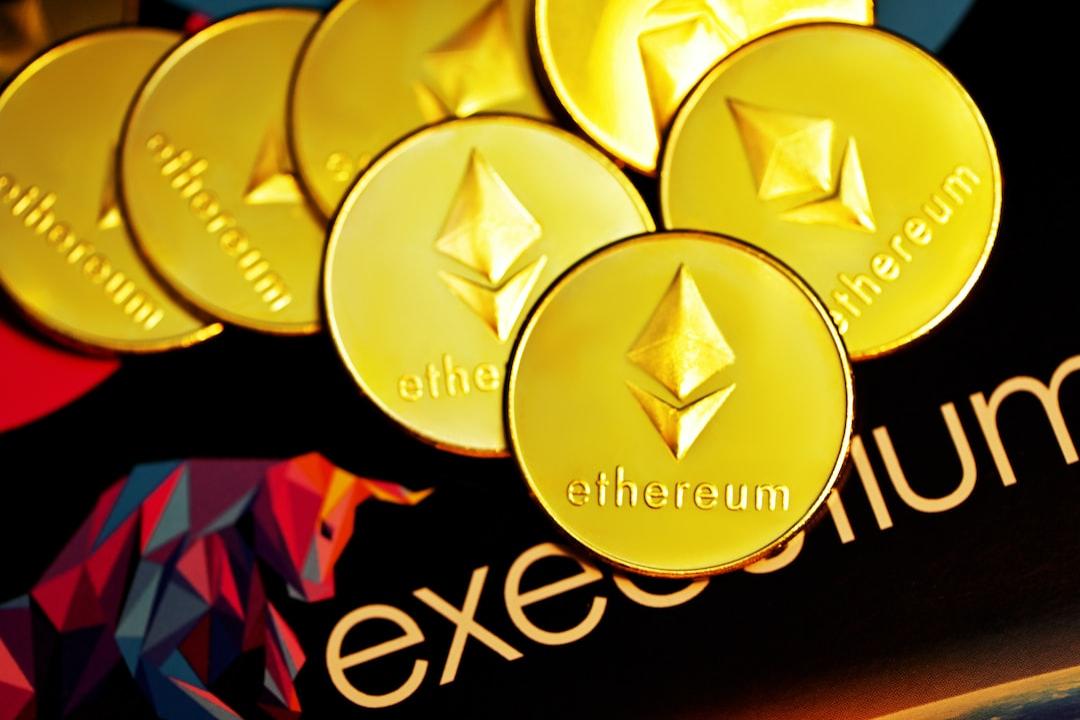Ripple, the prominent blockchain company known for its cryptocurrency XRP, has recently taken a surprising turn towards politics. Its CEO, Brad Garlinghouse, made notable statements praising Democratic presidential candidate Kamala Harris during the D.C. Fintech Week event. This is quite unexpected, considering Ripple’s historical neutrality in U.S. elections and its strained relationship with U.S. regulators, particularly the Securities and Exchange Commission (SEC). However, Garlinghouse’s comments come at a crucial time for Ripple as it explores the possibility of an XRP exchange-traded fund (ETF) and deals with the aftermath of its legal battle with the SEC under the Democratic administration.
Ripple’s shift towards Harris and its implications for the company’s future raise questions. To understand this move, we need to examine Ripple’s political donations, its aspirations for an XRP ETF, and the controversies surrounding these developments.
Traditionally, Ripple has not been aligned with the Democratic Party. In fact, it faced a $1.3 billion lawsuit from the SEC during President Biden’s administration in 2020. However, in 2024, Ripple’s CEO and co-founder Chris Larsen made substantial donations and expressed support for Harris, showcasing a significant shift in Ripple’s stance. Garlinghouse, while maintaining Ripple’s neutral position, described Harris as “pro-technology” and emphasized her connections to Silicon Valley. He even suggested that both a Harris or Trump victory would benefit the crypto industry, which contrasts with his criticism of the current Biden-led administration’s approach.
The real surprise came when Larsen donated $10 million in XRP to Harris’ campaign, following an earlier donation of $1 million. This move was unexpected, especially considering Trump’s efforts to court crypto supporters. This decision puzzled many industry insiders who viewed Trump as more supportive of cryptocurrencies due to his vocal endorsement. Garlinghouse defended Larsen’s decision, stating that Ripple encourages its employees to support the candidate they believe is best for the country, emphasizing that this is about pro-crypto policies rather than political party loyalty.
Garlinghouse believes that the outcome of the upcoming 2024 election is crucial for the future of the crypto industry. He suggests that both Harris and Trump would improve upon what he perceives as the Biden administration’s “failed approach” to digital assets. These statements have further fueled speculation about Ripple’s motives, especially considering its contentious relationship with the SEC.
Ripple’s relationship with Democrats, particularly the SEC, has been fraught with challenges. In 2020, the SEC filed a substantial lawsuit against Ripple, accusing the company of selling unregistered securities in the form of XRP. This lawsuit, initiated during Biden’s presidency, has cast a shadow over Ripple for years. Although Ripple achieved a partial victory in July 2023 when a judge ruled that XRP sales to retail investors did not qualify as securities, the SEC did not back down. In August 2024, the regulator sought a $2 billion fine, but was ultimately awarded a smaller $125 million penalty. Ripple celebrated this as a victory, but the SEC’s ongoing appeal continues to create uncertainty.
Ripple’s recent political moves have been far from ordinary. Just a few months ago, in June 2024, Ripple’s Chief Legal Officer, Stuart Alderoty, made headlines with a significant XRP donation of $300,000 to Trump’s presidential campaign. Alderoty’s donation coincided with Trump’s shift towards a pro-crypto stance, which likely influenced his decision. Many believed that if Trump returned to the White House, he would appoint a more crypto-friendly SEC chair, potentially benefiting the industry. During the second quarter of 2024, Trump’s fundraising efforts brought in over $118 million, including $4 million in cryptocurrencies like Bitcoin (BTC), Ethereum (ETH), and XRP. Prominent donors such as Tyler and Cameron Winklevoss and BitGo CEO Mike Belshe also supported Trump, further solidifying the crypto industry’s alignment with the former president.
Despite Ripple’s apparent conflicting allegiances, the broader crypto industry has heavily backed Trump. Data from AdImpact reveals that crypto companies have spent 62% more on ads supporting Republicans than Democrats this year. PACs like Fairshake have invested $54.6 million in election ads supporting GOP candidates, compared to $33.7 million for Democrats. Much of this spending is concentrated on key House races in states like New York, Nevada, and California. For instance, Southern California Republicans David Valadao and Michael Garcia, who are in tight races, have received $1.3 million and $1 million, respectively, from crypto-backed PACs.
Ripple’s dual strategy reflects the uncertainty surrounding the 2024 U.S. presidential election and its potential impact on the crypto industry. With crypto groups donating a total of $190 million for this election cycle, the stakes are higher than ever. Whether Trump or Harris takes office in 2025, Ripple is determined to secure its position in the industry.
In addition to its political maneuvering, Ripple has its sights set on an XRP ETF. Bitwise and Canary Capital have already filed for XRP ETFs, which, if approved, would enable investors to gain exposure to XRP through a stock exchange without directly holding the cryptocurrency. Garlinghouse recently stated in an interview with Bloomberg that an XRP ETF is “inevitable,” as there is growing demand from both retail and institutional investors to access this asset class. The approval of an XRP ETF would not only validate XRP as a legitimate financial asset but also address the concerns raised by the SEC lawsuit. An ETF would allow Ripple to meet investor demand in a regulated and mainstream way, boosting confidence in XRP and potentially increasing its price and liquidity. Given the SEC’s resistance, Ripple’s donations to both Harris and Trump could be a strategic move to position the company favorably and secure approval for its long-awaited XRP ETF, regardless of the election outcome in 2024.

